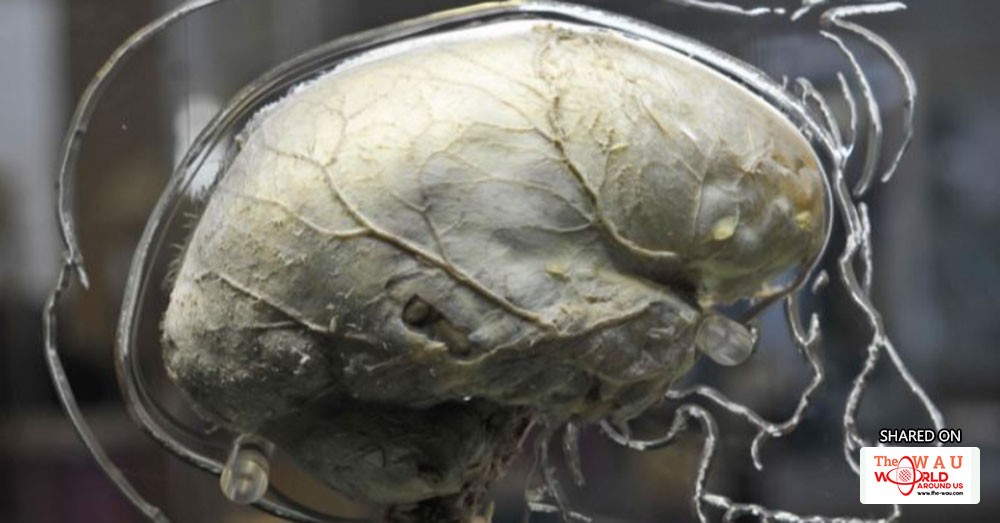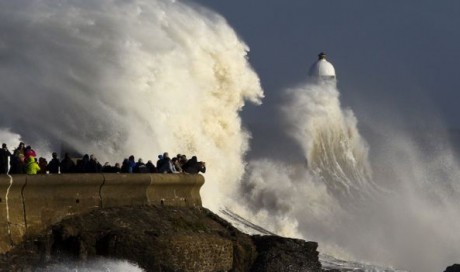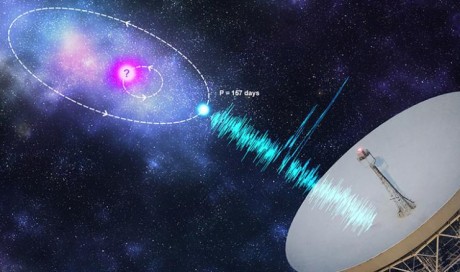Recent scientific research has cast new light on what actually happens inside our brains when we're going about the mysterious business of dying.
As reported in the Metro, a group of researchers discovered that a 'brain tsunami' spreads through the brain following a cardiac arrest. This leads to a 'wave', a huge chemical change which spreads, gradually poisoning the nerve cells.
This process is reversible to a point, which may help explain why some people have had 'near death' experiences, only to survive.
It's possible to survive if circulation is restored before a process known as 'spreading depolarisation'; wherein stored electrochemical energy is lost and toxic processes begin to overwhelm the body, causing death.
The research was done using EEG recordings (electroencephalogram), a method of monitoring the brain's activity, and it is hoped that it may lead to improvements in future diagnoses and treatment.
In 2017, a team of researchers at the University of Cincinnati, Ohio, monitored both animal models and humans to assess the impact of brain tsunamis.
"We found that patients who suffered brain damage in their frontal lobes were more likely to have experienced spreading depolarizations [brain tsunamis] than those who had no damage," said Dr. Jed Hartings, who led the research.
"The animal studies showed that these pathological changes can arise as a direct result of the blood accumulation in the grooves of the brain - that the presence of blood in the wrong place is toxic to the brain."

The research concluded that brain tsunamis were a significant market for detecting early brain injury and could 'improve outcomes for patients'.
Most research into traumatic brain injuries (TBI) has been carried out on younger people, but with half of TBI patients being over 65, neurologists are now trying to study what happens to older patients when they experience such injuries.
Raquel Gardner, a neurologist at University of California, San Francisco aims to study older TBI patients in greater numbers in order to "reinvent how we classify individual patients' injuries and measure recovery over time".
Her research is interested in looking at whether a single injury can lead to the onset of dementia, which affects around 850,000 people in the UK, and millions (with the wider Alzheimer's bracket included) in the USA.
Share This Post















